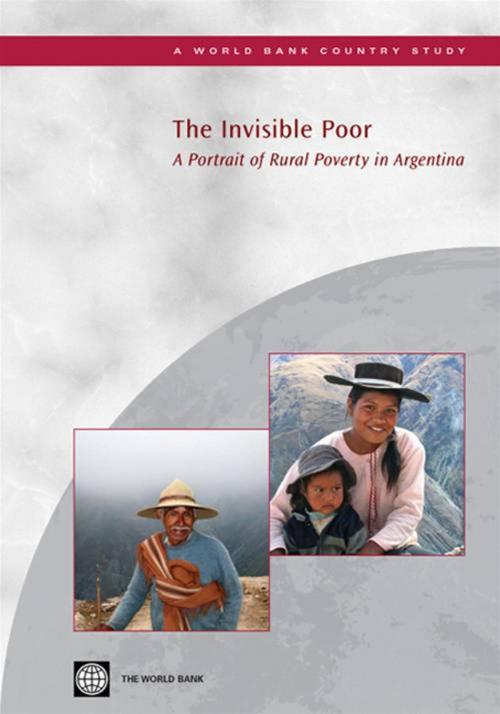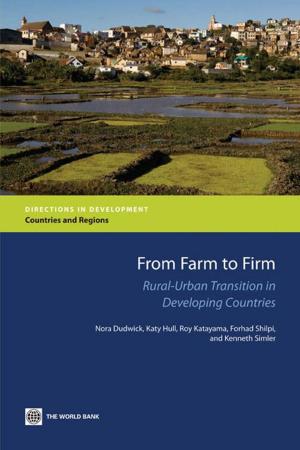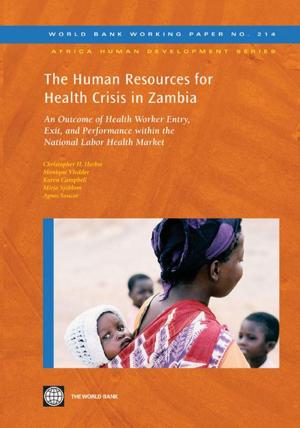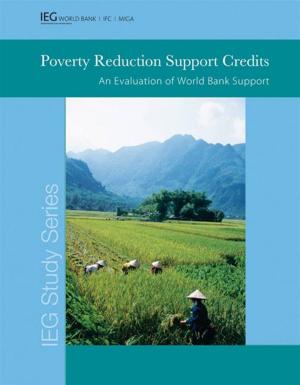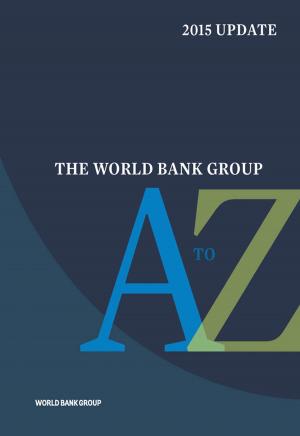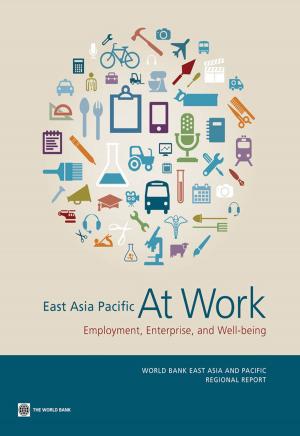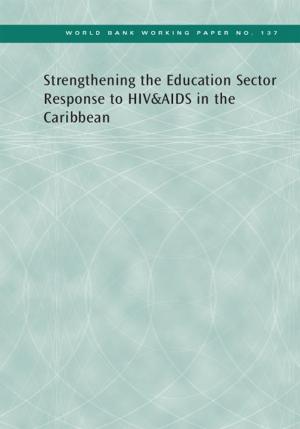The Invisible Poor: A Portrait Of Rural Poverty In Argentina
Nonfiction, Social & Cultural Studies, Social Science, Sociology| Author: | Demombynes Gabriel; Verner Dorte | ISBN: | 9780821382073 |
| Publisher: | World Bank | Publication: | April 14, 2010 |
| Imprint: | Language: | English |
| Author: | Demombynes Gabriel; Verner Dorte |
| ISBN: | 9780821382073 |
| Publisher: | World Bank |
| Publication: | April 14, 2010 |
| Imprint: | |
| Language: | English |
The work grows out of discussions with counterparts at the Ministry of Agriculture, Livestock, Fisheries, and Food (SAGPyA) and INDEC. Recognizing the dearth of information on rural areas, the World Bank team agreed to review knowledge on rural poverty and provide guidance on future data collection efforts. A primary objective of this study is to raise the profile of the rural poor in Argentina. Largely because of data limitations, in particular the EPH's lack of coverage in rural areas, profound gaps exist in the understanding of rural poverty in Argentina. As a result, the rural poor have sometimes been neglected in policy discussions.As a first step in highlighting the situation of the rural poor, this report takes stock of existing research, exploits previously untapped information from the 2001 Population Census, and presents findings from a new qualitative study on the subject.For the future, it is crucial that the EPH be expanded to full national coverage. Roughly 38 percent of the country's population, consisting of four million rural residents and another 12 million who live in smaller urban areas, lie outside the current reach of the survey. An expanded EPH would be valuable both for better evaluating existing programs and for helping the government design new programs and policies. Recognizing the challenges that expansion of the EPH would bring, the final chapter of this report explores the key technical issues involved.As the Government of Argentina moves forward with its consideration of how to best improve data on rural issues and address rural poverty, the World Bank stands ready to assist in supporting the next steps. This report is offered in the hope that will stimulate dialogue and interest in addressing the nation's invisible poor.
The work grows out of discussions with counterparts at the Ministry of Agriculture, Livestock, Fisheries, and Food (SAGPyA) and INDEC. Recognizing the dearth of information on rural areas, the World Bank team agreed to review knowledge on rural poverty and provide guidance on future data collection efforts. A primary objective of this study is to raise the profile of the rural poor in Argentina. Largely because of data limitations, in particular the EPH's lack of coverage in rural areas, profound gaps exist in the understanding of rural poverty in Argentina. As a result, the rural poor have sometimes been neglected in policy discussions.As a first step in highlighting the situation of the rural poor, this report takes stock of existing research, exploits previously untapped information from the 2001 Population Census, and presents findings from a new qualitative study on the subject.For the future, it is crucial that the EPH be expanded to full national coverage. Roughly 38 percent of the country's population, consisting of four million rural residents and another 12 million who live in smaller urban areas, lie outside the current reach of the survey. An expanded EPH would be valuable both for better evaluating existing programs and for helping the government design new programs and policies. Recognizing the challenges that expansion of the EPH would bring, the final chapter of this report explores the key technical issues involved.As the Government of Argentina moves forward with its consideration of how to best improve data on rural issues and address rural poverty, the World Bank stands ready to assist in supporting the next steps. This report is offered in the hope that will stimulate dialogue and interest in addressing the nation's invisible poor.
